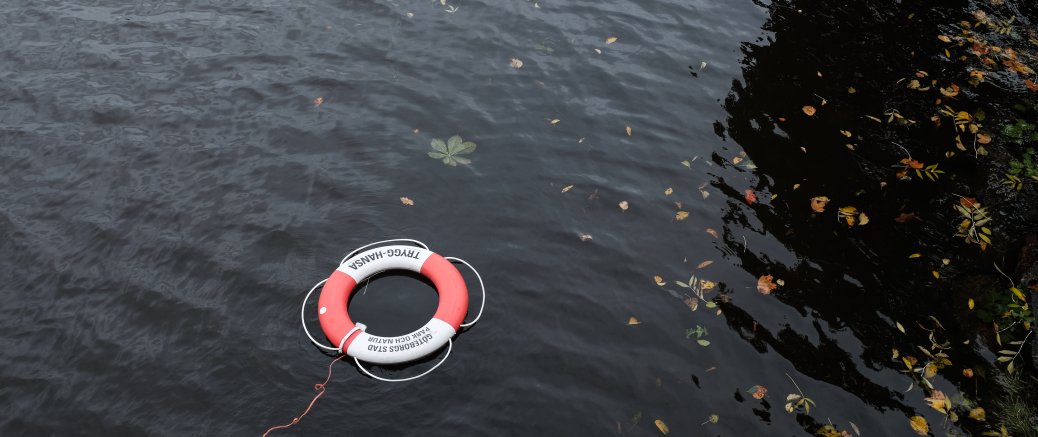Disclaimer: This was originally written to fulfil course work
The impact of insurance on world trade is simple to understand. Transactions, including trade, involve multiple types of risk. Insurance is one way of dealing with risk by aggregating it across multiple owners and thus shifting it away from a single owner for whom it might be catastrophic.
Shifting risk with Insurance is an old business. The earliest forms of business insurance are about 4,000 years old, innovated by Babylonian traders in the Tigris-Euphrates Valley. Business people hired sales people to do their trading, but as sellers ventured further afield, the business person sometimes felt increasing amounts of mistrust. The mistrust came from concern that the seller would rip them off or that they would be robbed – either way, a total loss for the business person (Business Insurance Needs, 2019). The initial hedge of keeping the sales person’s family as collateral led to fraud, with business people selling the families for quick profits. Not surprising, this was intolerable to sales people and ultimately a form of contract insurance was developed. That was passed on the the Phoenicians, who applied it to their shipping (Business Insurance Needs, 2019).
Lloyds of London, started as coffee shop situated by the docks where traders came to get caffeinated and swap news. From that milieu arose marine insurance, the modern forerunner of all the types of insurance we now enjoy (Diamandis & Kotler, 2020). Today, insurance covers everything from travel to health to precious possessions, like our life. Insurance also goes beyond the things surrounding us. In 2018, only 16% of insurance covered tangible items with the remaining 84% covering intangibles such as intellectual property rights, and reputation (The Economist, 2019).
It can be argued that any time a statistically significant group of people can be aggregated and share small premiums, insurance has had the opportunity to change their world. Diamandis and Kotler (2020), for example discusses insurance sold to African farms to protect against crop failure at prices so low that they don’t even realize they’re protected. A micro-health insurance named Yeshasvini provides insurance for the poorest members of rural India, creating dramatic, positive health outcomes for a mere 11-22 cents a month (The Economist, 2012).
While insurance can be a benefit, The Economist points out that, “on average, over the past ten years, only 30% of catastrophe losses were covered by insurance, according to Swiss Re, a reinsurer. The balance, worth some $1.3trn, was borne by individuals, firms and governments” (The Economist, 2019). The digitization of insurance is one way that this gap could be closed. Companies like Lemonade (as in, “When life gives you lemons. . . ”) leverage big data, artificial intelligence, online platforms, and an open source insurance policy that’s easy to understand to democratize insurance. Applications can be processed in 90 second and claims in 3 minutes, and their business model means that they’re never in a conflict of interest over paying out claims (Lemonade, n.d.). Finally, an increasing number of insurances are automated. The ride sharing company, Waymo, for example, provide passengers with insurance every time they ride, as part of the price of the ride, as a default (Diamandis & Kotler, 2020). Insurance of this kind could eventually provide frictionless coverage, spreading risk to the point where its cost approaches zero and yet protection from the worst that life has to throw at us.
References
Photo by Lukas Juhas on Unsplash
Business insurance needs. (2019). United Insurance Educators, Inc.
Diamandis, P. H., & Kotler, S. (2020). The future is faster than you think: How converging technologies are transforming business, industries, and our lives. Simon & Schuster.
Lemonade. (n.d.). Homeowners, renters, and pet health insurance. https://www.lemonade.com/
The Economist. (2012). India can show the way on health. https://www.economist.com/news/2012/11/21/india-can-show-the-way-on-health
The Economist. (2019). Run for cover - the future of insurance is happening without insurance firms |finance & economics | the economist. https://www.economist.com/finance-and-economics/2019/07/20/the-future-of-insurance-is-happening-without-insurance-firms
